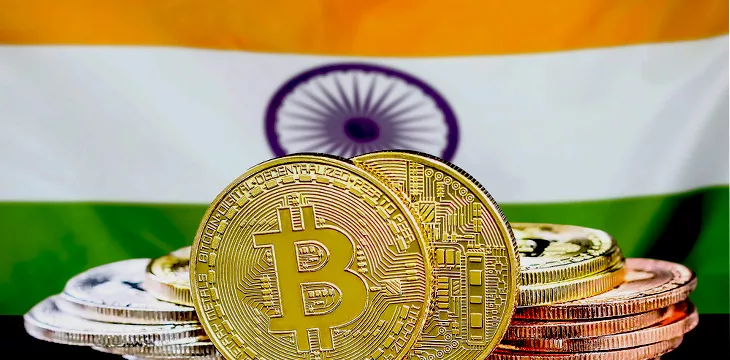Indian Finance Minister Nirmala Sitharaman I made it clear ‘Cryptocurrency’ cannot be legal tender in India. They are merely assets for trading and speculation.
India’s “position has always been that assets created in the name of cryptocurrencies can be trading assets, speculative assets, money-making assets, and many other assets. We didn’t regulate then and we don’t regulate now. But they cannot be currency and that is also the position of the Government of India,” Sitharaman said while speaking at the India Today Conclave 2024.
Deciphering India’s Cryptocurrency Dilemma with Nirmala Sitharaman
Watch the full session here: https://t.co/T5mFq7EZd3 | @nsitharaman @szarabi @rahulkanwal @anjanaomkashyap #IndiaTodayConclave24 #Cryptocurrency market #Cryptocurrency pic.twitter.com/7YmyPRshDj
— Business Today (@business_today) March 15, 2024
“The currency must be issued as fiat by the government or the central bank of the time,” she said. “If (crypto prices) resurrect, it is an asset created for speculation, trading or any other purpose.”
According to a new report from blockchain analytics firm Chainalytic, India’s digital currency returns, or the profits earned after selling assets for more than their purchase price, have been largely consistent throughout 2023, except for August and September. It has been maintained well. The South Asian country ranks among the top six with estimated digital currency revenues reaching $1.05 billion, the report said.
India, the world’s largest democracy, has long viewed digital asset trading with suspicion. While the Reserve Bank of India (RBI) has advocated for a complete ban, the government has imposed a 30% flat tax on digital asset trading, one of the harshest taxations.
For all transactions exceeding INR 10,000 ($120), 1% tax at source (TDS) will be deducted on all digital currency income with no provisions to offset losses.
“And (encryption) is still unregulated in India,” Sitharaman said. “So we thought it would be appropriate to raise this issue at the G20 forum, because it is technology-driven and will have implications for cross-border payments and so on.”
“If one country regulates it and another country doesn’t, it becomes an easy way for money to move, for round trips, for drug financing or terrorism. So we wanted to raise this to the G20 level and create a framework. It has been very well received and I am sure some frameworks will emerge,” Sitharaman said.
India will hold the G20 presidency for one year from December 2022 with digital asset regulation as one of the agenda items. The G20 is an intergovernmental forum of the world’s major developed and developing countries, accounting for 85% of the world’s gross domestic product (GDP) and 75% of international trade.
Digital asset exchanges are still difficult
India’s digital asset trading exchanges have been asking the government to lower the 1% TDS to 0.01% to revive trading volumes on Indian exchanges, which have collapsed as most traders migrate to foreign exchanges to avoid local tax penalties.
The exchanges have also asked the government to reduce the flat rate of 30% and allow them to offset losses with profits. But all these requests fell on deaf ears as the government chose silence.
“Cryptocurrency trading volume reflects cryptocurrency activity in the country. India’s trading volume is less than 1% of global trading volume, despite having 17% of the world’s population. To be competitive you need a coordinated tax policy!” Sathvik Vishwanath, CEO of digital asset exchange Unocoin, said: said in.
“Beyond (temporary) price volatility, the true power of cryptocurrencies lies in their potential to disrupt numerous industries, including finance. The power of technology can help us fix broken industries. “The government is short-sighted!” Vishwanath added it.
However, India has embraced blockchain, the underlying technology for digital assets. Several Indian local governments use the immutability of blockchain to store land records and education certificates. India is also using blockchain technology for its own central bank digital currency (CBDC), which is currently being tested for both wholesale and retail use.
Read: Blockchain meets all the requirements of India’s thriving e-commerce market.
width=”562″ height=”315″frameborder=”0″allowfullscreen=”allowfullscreen”>
Are you new to blockchain? To learn more about blockchain technology, check out CoinGeek’s Blockchain for Beginners section, our ultimate resource guide.

